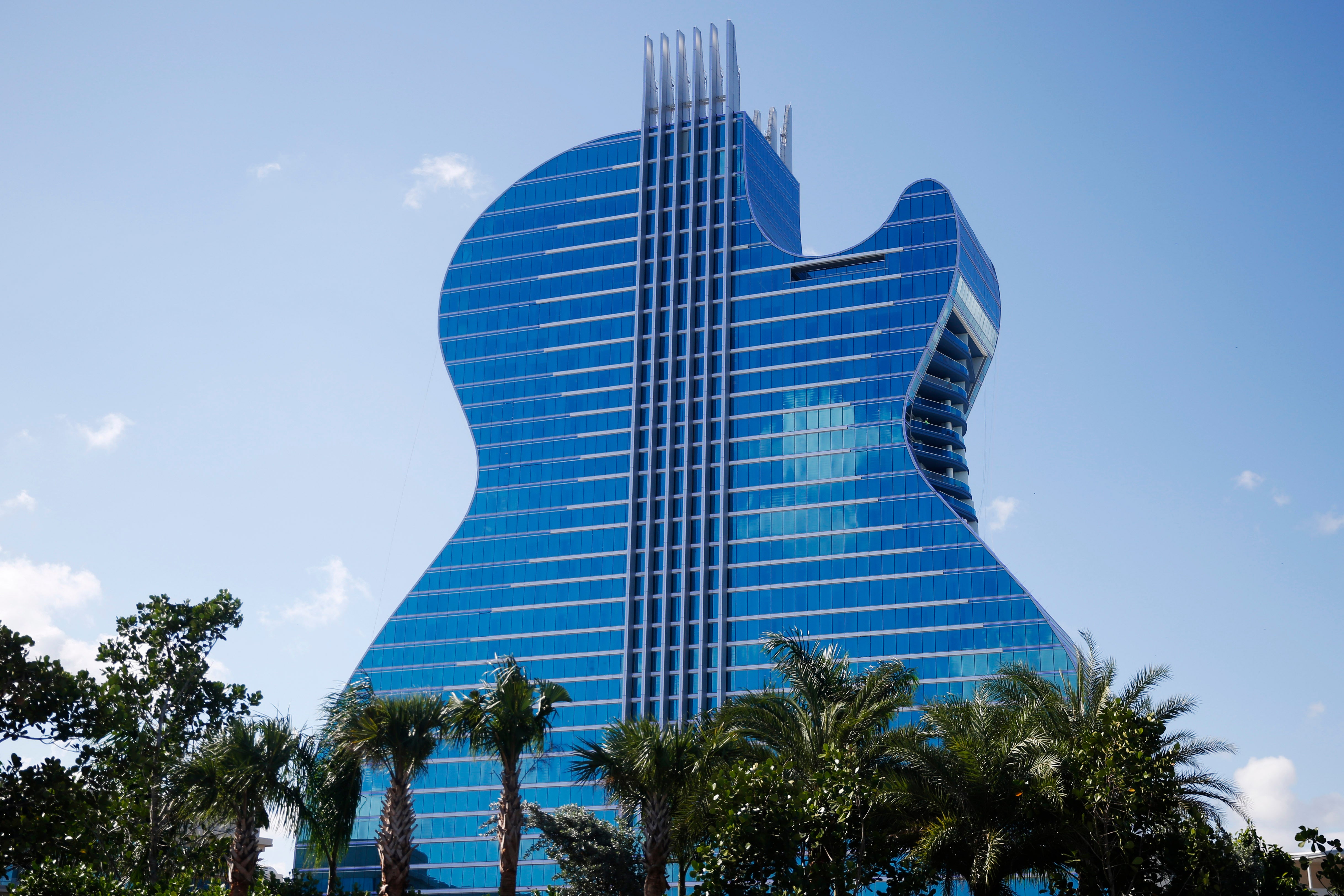Florida online sports betting challenge is denied by state's highest court
Opponents of online sports betting in Florida have lost their latest fight against a Seminole Tribe agreement with the state that permits the gambling

Opponents of online sports betting in Florida on Thursday lost their latest fight against a Seminole Tribe agreement with the state that permits the gambling.
The Florida Supreme Court ruled that the opponents had filed the wrong type of petition to challenge the compact between the Seminole Tribe of Florida and Gov. Ron DeSantis' administration. The deal will rake in hundreds of millions of dollars from online sports betting and other forms of gambling for both the tribe and state government.
The decision was the latest setback for West Flagler Associates and Bonita-Fort Myers Corporation, which operate racetracks and poker rooms in Florida. They also are challenging the compact in federal court and have petitioned the U.S. Supreme Court to take up their case.
An attorney for the opponents didn't respond to an email seeking comment. The court's ruling permits the opponents to file a motion for a rehearing on the case.
The two parimutuel firms say the compact signed by the governor and the tribe in 2021 gives the tribe a sports betting monopoly. They also argue that it creates a backdoor way out of a requirement, passed by voters in 2018 as an amendment to the Florida Constitution, that a citizens initiative is needed to expand casino gambling outside tribal land.
They said DeSantis and the Florida Legislature, which approved the compact, improperly exceeded their powers by authorizing sports betting off tribal lands.
The opponents have questioned whether the online sports betting can be allowed on tribal lands when it's only the computer servers that are located there, accepting bets made using mobile phones and computers from anywhere in Florida.
The tribe has argued that the legislature has the authority to decide where online gambling is initiated and the amendment doesn’t change that.
Attorneys for DeSantis and the legislative leaders have said that sports betting is different from casino gambling and therefore isn’t prohibited by the constitutional amendment.
The tribe launched its online sports betting operation late last year, and Florida’s share of 2024 revenues is already more than $120 million. State economic forecasters predict the revenue sharing from tribal gaming could total $4.4 billion through the end of this decade.
___
Follow Mike Schneider on X, formerly known as Twitter: @MikeSchneiderAP.
Bookmark popover
Removed from bookmarks